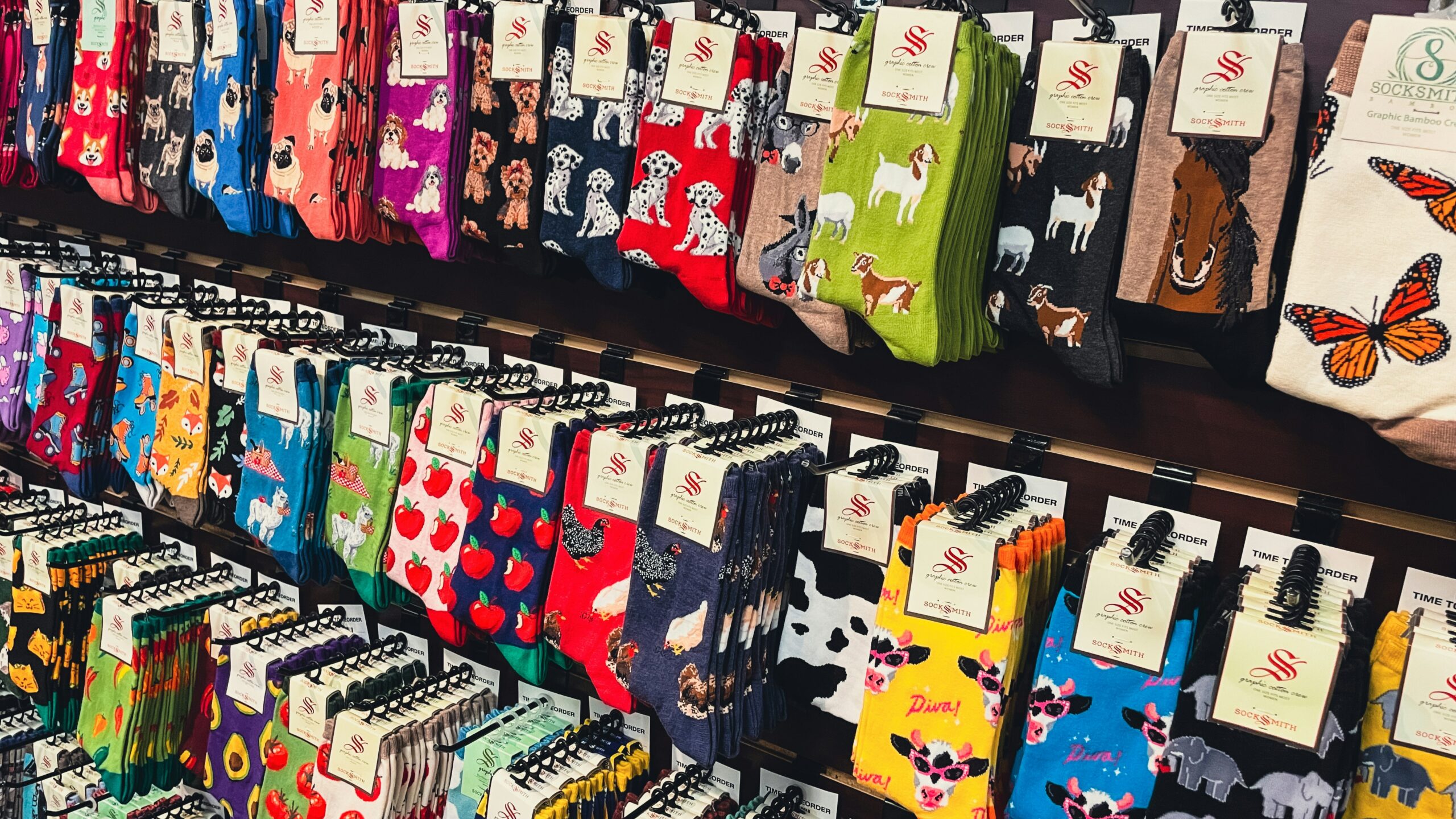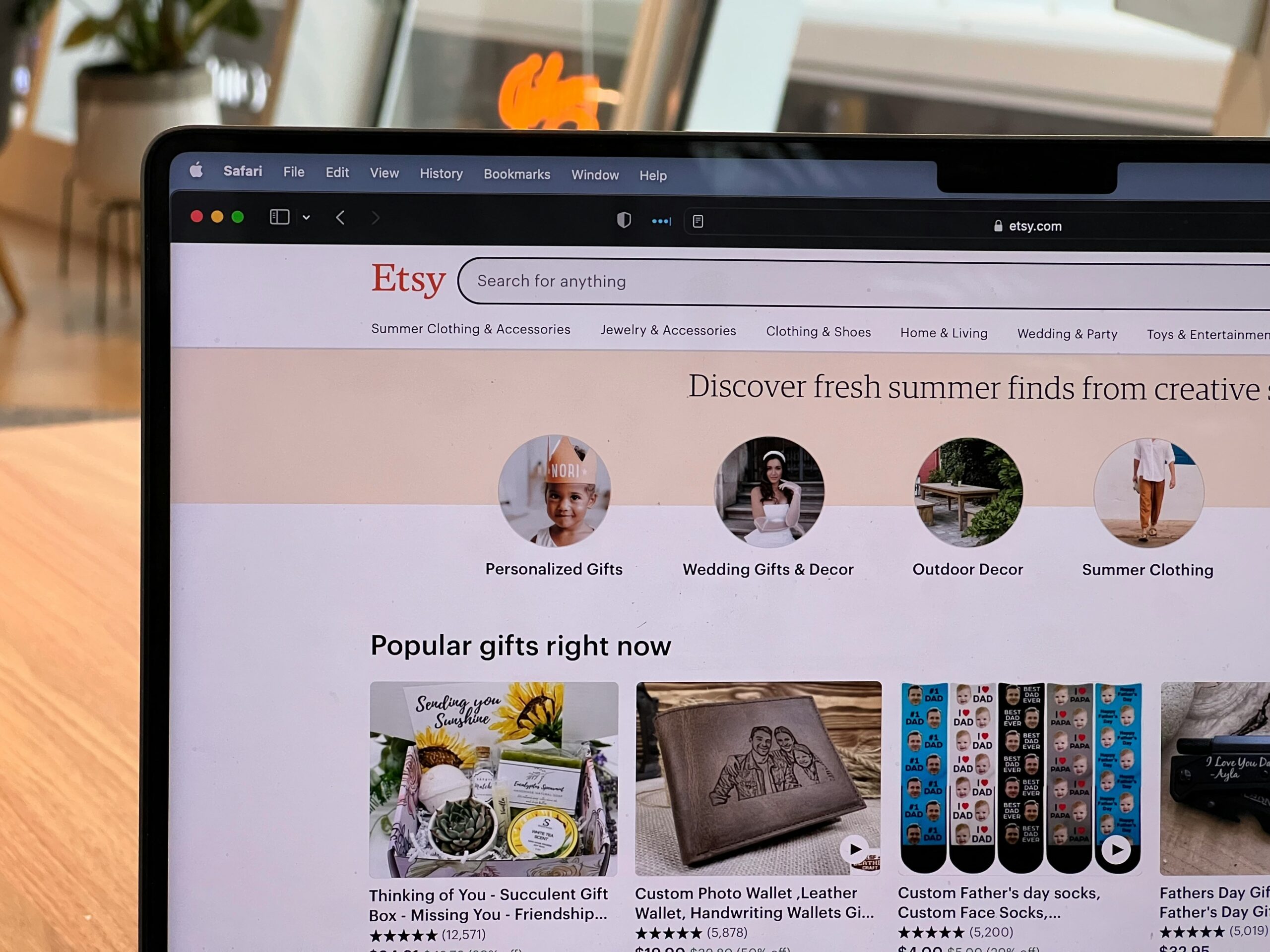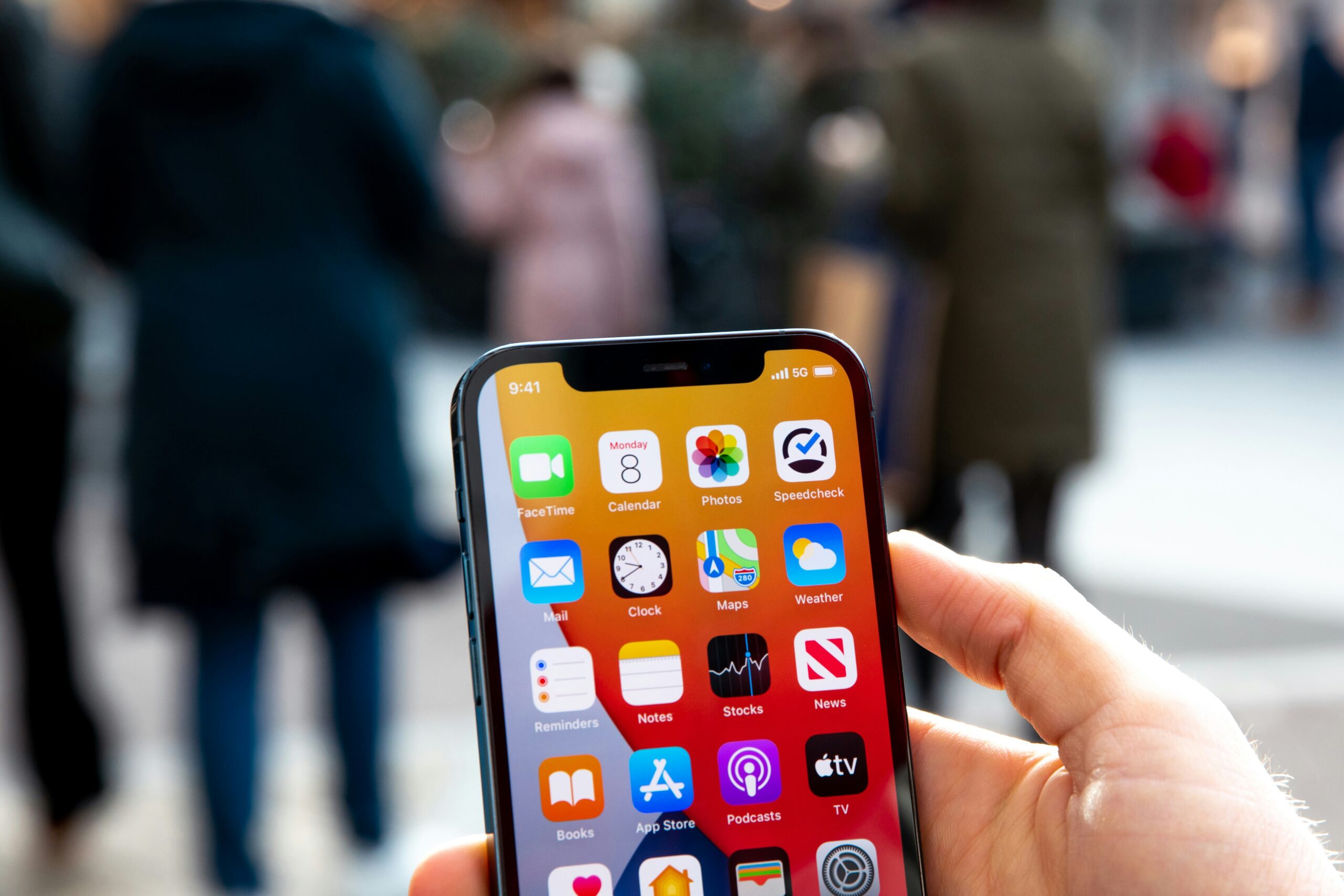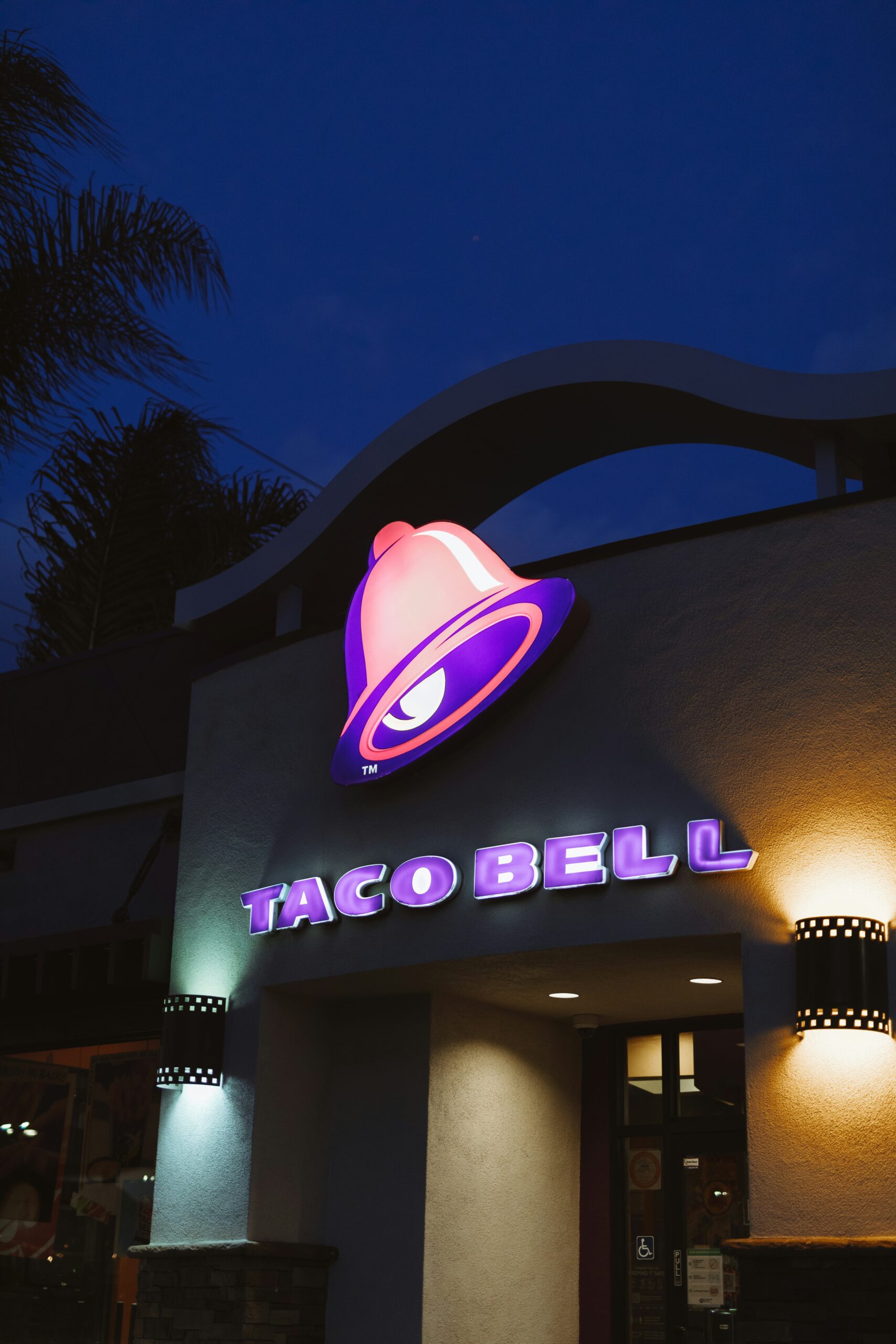Image credits: Pixabay
As recently advancing technologies like AI and large language models (LLMs) continue to infiltrate more industries, how consumers interact with businesses utilizing these technologies has and will continue to change. One of the most visible processes affected by the adoption of AI is how consumers discover and purchase products.
How Traditional SEO Is Falling Behind
Traditional marketing methods like standard SEO are becoming less effective as discovery shifts toward AI-driven platforms. Several factors contribute to this decline, but some of the most prominent include reducing the usefulness of tools like keywords, backlinks, and website content.
Part of the issue with these tools lies in their inherent artifice; keywords, for example, are designed to appear multiple times within a given text to improve its searchability. This process, however, is not organic, a problem that has become all the more apparent now that LLMs are indexing organic conversations from social media, real-time discussions, and forums like Reddit.
Regular use of LLMs like GPT has led many consumers to expect more organic communication between themselves and the brands they interact with. Since many brands still utilize traditional SEO, they fail to address this change in expectations, falling short of what consumers want.
When considering this issue and how businesses can change course, Claude Zdanow, CEO of ONAR Holding Corporation, shared, “The old approach of getting your brand to be relevant is not applicable in the same way… what’s most important for brands who have invested heavily in SEO is figuring out how to join the conversation.”
One method of joining the conversation can be found in LMO.
LMO: A New Means of Reaching Consumers
LMO, or language model optimization, is essentially how it sounds: optimizing one’s brand to fit better how LLMs function.
Since chatbots like Grok, Gemini, GPT, and many more have become popular means of finding and buying products, brands must change how they market themselves online to take advantage of LLMs’ conversational nature. The most straightforward approach to appealing to this nature is to become conversational.
Brands that take advantage of influencer partnerships, conversational content, and authentic engagement will likely succeed as LMO adapts to changes in consumer behavior, improving relevancy over traditional SEO.
Tackling the Changing Times
Rather than abandon SEO entirely and start utilizing LMO from a clean slate, brands should consider gradually repurposing their SEO content, transforming traditionally mechanical methods of communication into conversational ones made easily accessible for LLMs.
Adopting LMO also allows brands to meet their clients where they are, as joining consumer conversations online can help consumers feel more connected with the brands they interact with. It also allows those brands to generate conversations that consumers may rediscover with AI. Influencers and other PR methods can likewise serve as discovery drivers, increasing a brand’s digital footprint and making it more accessible.
What Comes Next for Digital Marketing
Despite their prevalence, LLM ecosystems remain largely unexplored regarding their potential behaviors and functions. As such, traditional marketing methods like paid advertising may eventually integrate into these ecosystems, radically changing how advertising works and what it needs to accomplish.
In the same way that LLMs will change with continued use, consumer habits will change as they interact more with LLMs. The coming alterations to consumer relationships will necessitate that brands attempt to predict how AI will anticipate needs before searches are made.
Considering a Human-First Approach
Ironically, as AI and other digital tools change how consumers interact with brands, businesses must consider the human component of their branding. Simply using the right words in an article will no longer suffice; instead, brands should seek to be a part of their consumers’ conversations, approaching them with genuine authenticity.
Adaptability has long been a key quality for marketers, and as LMO progresses, that quality will remain important if brands are to maintain relevance. Now more than ever, brands need to see consumers as real human beings with needs, wants, thoughts, goals, feelings, and wishes.
































































































































































































































